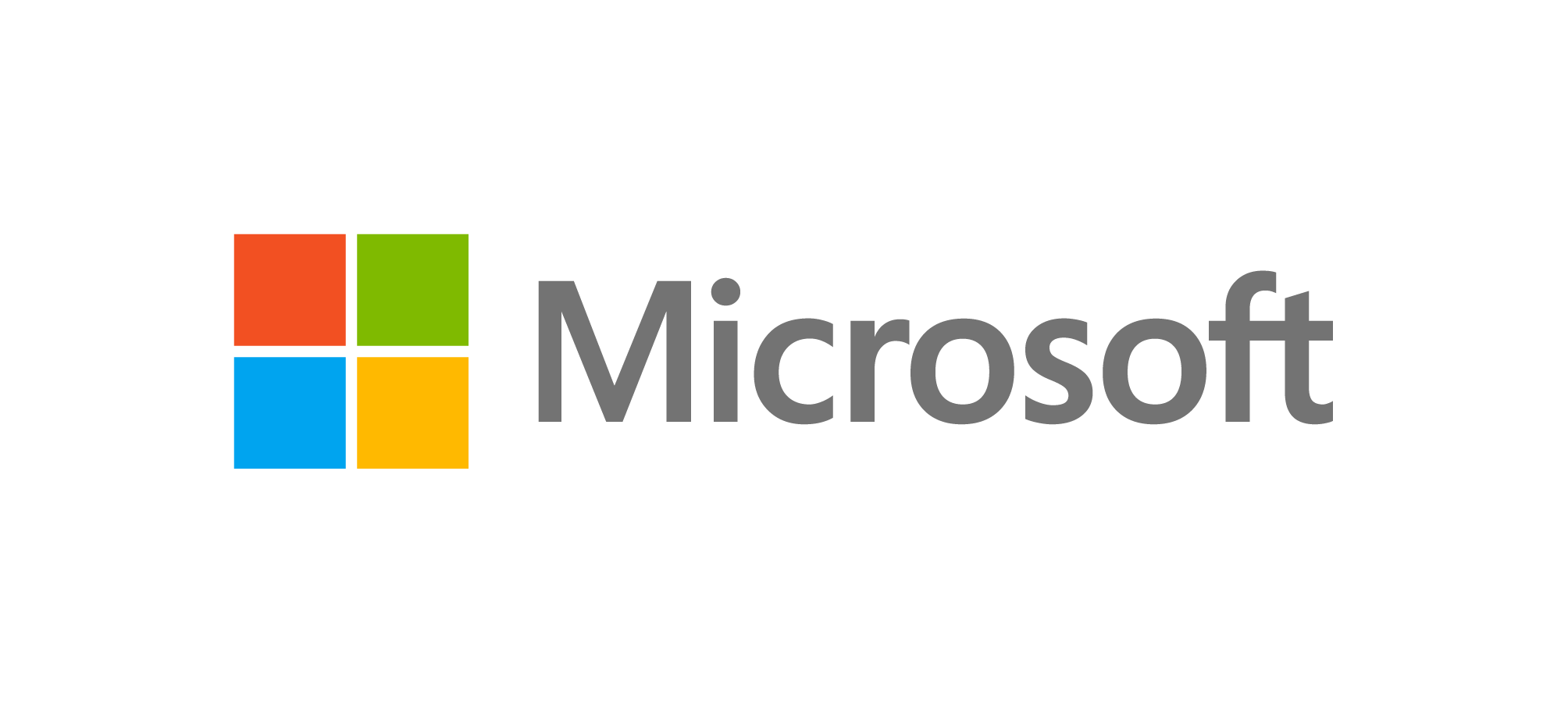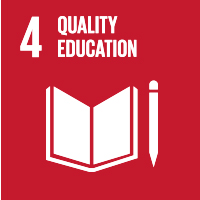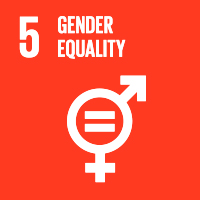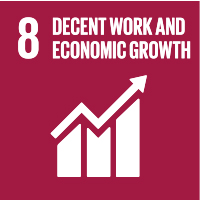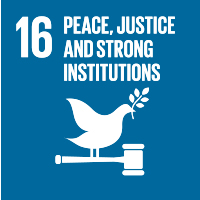Technical assistance, expertise and implementation; Policy, advocacy and convening power; Financial and/or in-kind contribution
MSFT Philanthropies commits to empower youth
At Microsoft Philanthropies we believe in advancing a future for everyone, where every person has the skills, knowledge, and opportunity to achieve more. We focus on empowering people: Economies and societies are being rapidly transformed by technology. As a result, digital skills are becoming essential to the jobs of today and tomorrow. One of the greatest challenges we face is ensuring everyone has access to the skills and knowledge needed to succeed. We're committed to ensuring people aren't left behind. We’re working to ensure that everyone has access to the opportunities technology provides, in a digital economy that benefits everyone.
